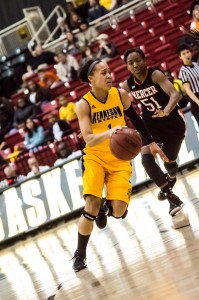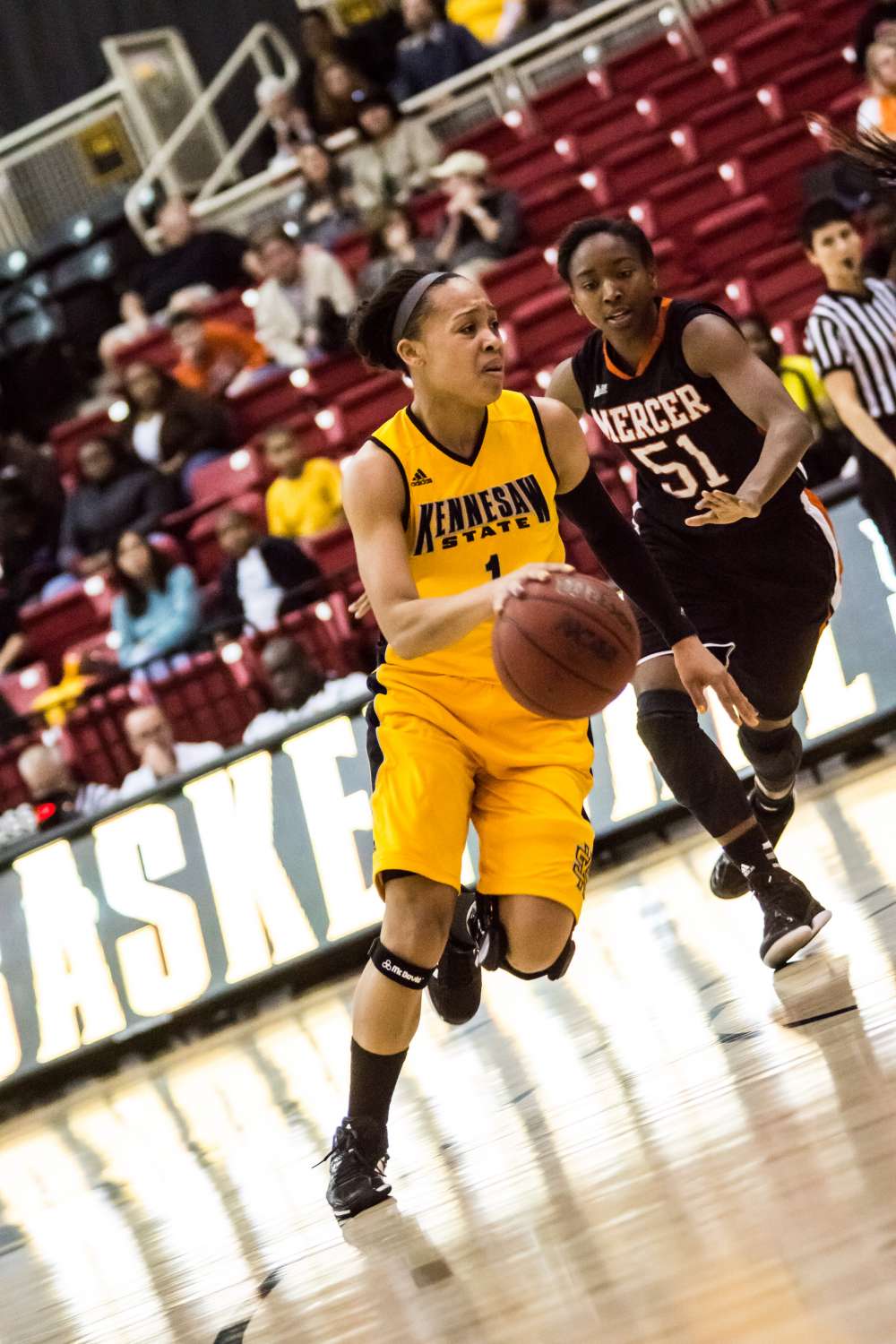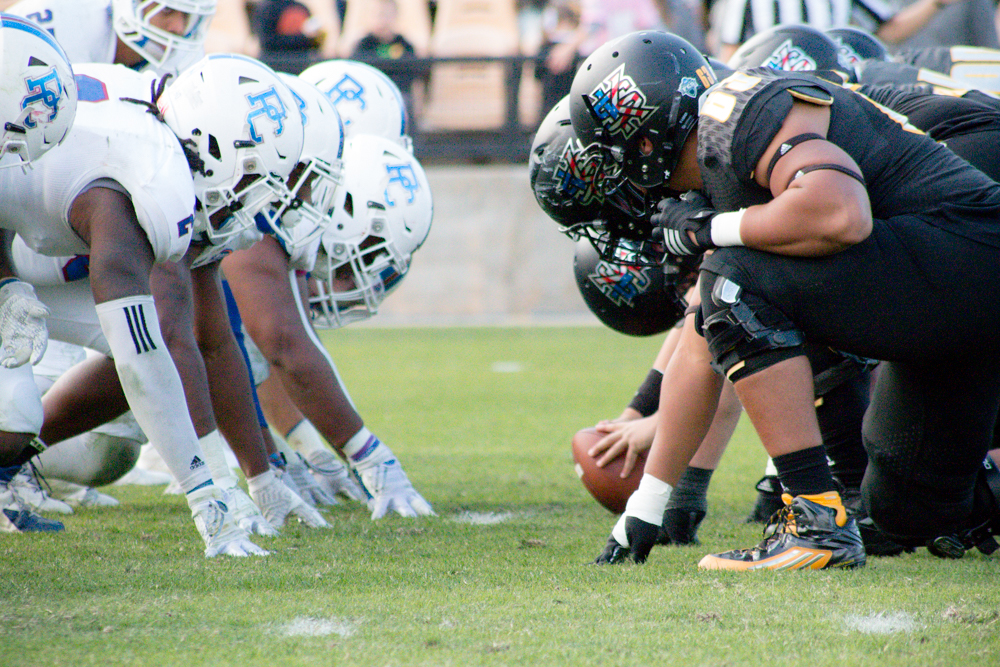
By Mike Foster, Sports Editor
On the same day that football players at a major university cast ballots that could change the landscape of college athletics, a former KSU hoops player made her own convictions about her time spent as a student athlete apparent.
Ashley Holliday, who played four full seasons in an Owls uniform, is one of the plaintiffs listed in a lawsuit that was filed in Minneapolis federal court on Friday. Holliday, former University of Florida defensive tackle Shariff Floyd, and five others contend in the complaint that full-scholarship athletes aren’t allowed necessary opportunities for compensation, due to NCAA regulations, while conferences reel in profits as a result of the plaintiff’s exploits on the field and court.
According to the initial report released Friday by the Associated Press, Holliday “is believed to be the first woman to be named a plaintiff in an antitrust action against the NCAA.”
Holliday’s specific situation also brings smaller conferences into the discussion. The Atlantic Sun Conference, of which KSU has been a competing member since 2009, is the only non-BCS league listed as a defendant in the complaint.
In the nature of the action against the NCAA, the complaint states that full grant- in-aid, or GIAs, don’t meet the full cost of attendance for student athletes, despite the fact that NCAA bylaws define cost of attendance to include any other related expenses.
NCAA athletes, whether football players in the Football Bowl Subdivision (FBS) or basketball players at the D-IA level, can be punished by institutions for certain trade and are required to participate in team activities that often diminish or completely eliminate their opportunity for employment.
According to a Drexel University study that is cited in the complaint, full scholarships fall $3,285 short, on average, of the full cost of attendance.
Can smaller conferences run and hide anymore?
Holliday’s lawsuit was submitted on the same day that 75 members of Northwestern University’s football team voted ‘yes’ or ‘no’ to forming a union in the wake of a ruling by the Chicago district of the National Labor Relations Board that college athletes at the Evanston, Ill., campus have the right to unionize.
Northwestern is part of the Big Ten Conference, which has been included in language from Southeastern Conference commissioner Mike Slive as part of the “five conferences,” or 65 schools in the ACC, Big 12, Big Ten, SEC and Pac-12.
At an Associated Press Sports Editors regional meeting in Birmingham, Ala. Monday, Slive went on record to say that, as far as the bigger conferences are concerned, full cost of attendance has become a priority within the workings of a new standard for autonomy for athletes.
“The five conferences have put forth a proposal, as part of the restructuring process, to create autonomy in certain areas for the five conferences… One of the several areas in the autonomy is the full cost of attendance,” Slive said.
KSU and smaller schools have not been represented in this top-tier, which is comprised of the five BCS automatic qualifier conferences for football—the undoubted driving force of revenue in college sports.
Holliday pits the A-Sun as a defendant, with the complaint citing the conference’s expansion with the cable company Comcast and ESPN digital platform ESPN3 as significant embarkments, while the conference simultaneously restricted the furtherment of the athletes’ compensation.
Holliday’s career
Holliday, signed out of Greenville, S.C., played 115 games for KSU under the leadership of former head coach Colby Tilley and current head coach Nitra Perry. Holliday scored 26 points—a career high—in her last game against North Carolina in Chapel Hill, hitting eight shots from beyond the arc.
She played 35 minutes per game in her senior season, shooting 28.6 percent from the field and 25.6 percent from 3-point range. Holliday graduated from KSU with a human services degree, while minoring in legal studies. According to the lawsuit, Holliday is now living in Mableton, Ga.


